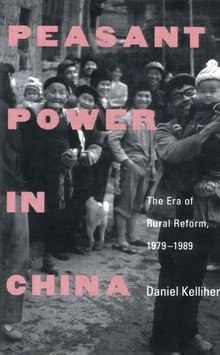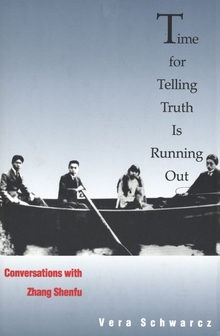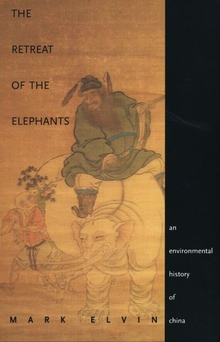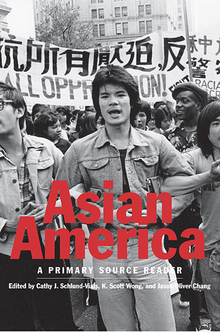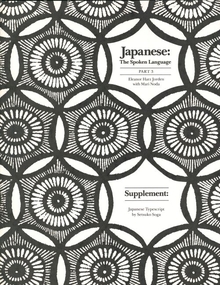Peasant Power in China
WARNING
You are viewing an older version of the Yalebooks website. Please visit out new website with more updated information and a better user experience: https://www.yalebooks.com
The Era of Rural Reform, 1979–1989
Daniel Kelliher
Drawing on his fieldwork in Hubei Province and neighboring provinces in south-central China, Kelliher traces the origins of reform in three areas—family farming, marketing, and private entrepreneurship—and details the local conspiracies, deceptions, and illegal experiments that peasants used to push state policy in new directions. He also addresses the larger issue of how disenfranchised peasants could affect politics at all under a strong state like that of China. Analyzing the evolution of state socialism in China, Kelliher explains how state ambitions for modernization in the post-Mao era made the state-socialist system vulnerable to rising peasant power. He also shows why the state seized upon economic privatization as a way of securing its political base among the peasantry. The book not only offers a wide-ranging portrait of rural politics in contemporary China but also uses the Chinese case to illuminate state-peasant relations, reform in state socialism, and privatization in other third world nations.
"This is a carefully wrought, intelligent, well-written, and original analysis of central issues in Chinese peasant politics. It is, moreover, cast in the larger framework of issues of considerable moment in social sciences."—Mark Selden, coauthor of Chinese Village, Socialist State
"Kelliher has given us an excellent account of the respective roles of state and peasant in the process of agricultural reform in China. . . . It is a volume that deserves to be widely read, and those who do so will not be disappointed."—Chris Bramall, Asian Affairs
"A well-researched examination of the rural reforms of the 1980s. Using a vast array of Chinese sources and personal field-work interviews, Kelliher provides a full and conscientiously documented account of rural development from the Maoist command economy to a privatized economy. . . . A significant contribution to the analysis of rural China and is likely to provoke much debate."—Flemming Christiansen, Australian Journal of Chinese Affairs
"Aiming at both a deeper understanding of China as a case and an evaluation of the theoretical relevance of such a case study, the book effectively challenges the Western-centered nature of most state theories and theories of social change. . . . Casts new light on the role of the peasantry in the reforms under state socialism. . . . The book clearly documents the importance of peasant power and shows how the peasants negotiated with the state over the very nature of the reform. It is an insightful book on an important topic."—Ming-Cheng Lo, Contemporary Sociology
"This brilliant, original, and formidably researched book considers the recent struggle between state and peasant in China that resulted in the privatization of farming. . . . Kelliher writes with clarity and vigor, and enlivens his study with telling detail drawn from the local press and from "guerrilla interviews' that he obtained by cycling off into the countryside to chat with peasants. His findings not only illuminate recent developments in Chinese politics and society but make an original contribution to the broader theoretical debate about the relationship between peasants and the state."—Gregor Benton, Journal of Developing Areas
"In this gracefully and forcefully written book, Daniel Kelliher argues that Chinese peasants in the late 1970s and early 1980s deployed both conventional 'weapons of the weak' and, more importantly, an array of innovative, local subterfuges that actively reshaped rural policy. . . . This is a landmark book that will draw well-deserved praise as well as considerable attention throughout the social sciences. . . . Kelliher peppers a richly nuanced account of social change with scores of provocative, essentially deductive propositions about what the state, local officials, and peasants want and why. . . . That future studies will succeed (at best) in modifying but not fundamentally altering his argument is a testament to the quality and originality of his work."—Kevin J. O'Brien, Journal of Politics
Publication Date: November 25, 1992

